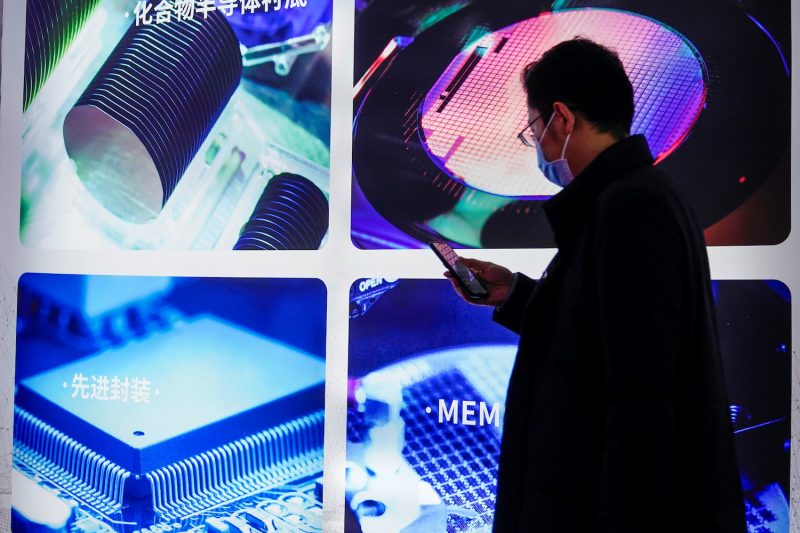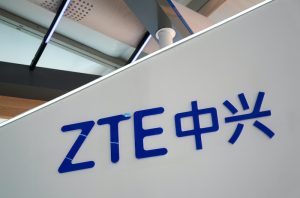(ATF) The US and Japan have both moved to ramp up domestic semiconductor research and production as a counterweight to China’s growing technological prowess and offset reliance on foreign chips.
Chuck Schumer, the Democratic Party leader in the US Senate, unveiled revised bipartisan legislation late on Tuesday to approve $52 billion to significantly boost chip development over five years.
The emergency funding proposal will be included in a more than 1,400-page revised bill the Senate is taking up this week, as reported by Reuters on Friday, to spend $120 billion on basic US and advanced technology research to better compete with China.
“American manufacturing has suffered rather dramatically from a chip shortage,” Schumer said. “We simply cannot rely on foreign processors for chips. This amendment will make sure that we don’t have to.”
Both the US and Japan have suffered from an extended shortage of chips, a situation unlikely to be relieved soon, according to analysts.
“Evidence is growing that semiconductor supply constraints will persist longer than anticipated, intensifying and likely extending the current cyclical upturn into next year,” Jason Pompeii, senior director, US corporates, at Fitch Ratings in Chicago, said.
“Lean inventory throughout the semiconductor supply chain, due to plant shutdowns and customer order cancellations at the onset of the coronavirus pandemic, and insufficient capacity as semiconductor demand began accelerating at a stronger than expected rate, drive the global chip shortage,” he added.
LOCAL PRODUCTION
Separately, Japan’s government s planning to increase spending to ramp up local production of advanced semiconductors.
Under the draft growth blueprint set to be finalised as early as June, the government will also promote large-scale investment to develop batteries for electric vehicles.
The plan would underscore Tokyo’s concern over a global chip supply shortage that has caused output disruptions in Japanese automakers and threatens to hurt an export-reliant economy.
In the growth strategy, the government will pledge to expand a current 200 billion-yen ($1.84 billion) fund to support the domestic chipmaking industry and help boost output of advanced semiconductors, the paper said.
The plan would focus on efforts to promote capital expenditure, such as by inviting US manufacturers to invest in Japan so the two countries can strengthen chip supply chains.
With reporting by Reuters and Agence France-Presse
























